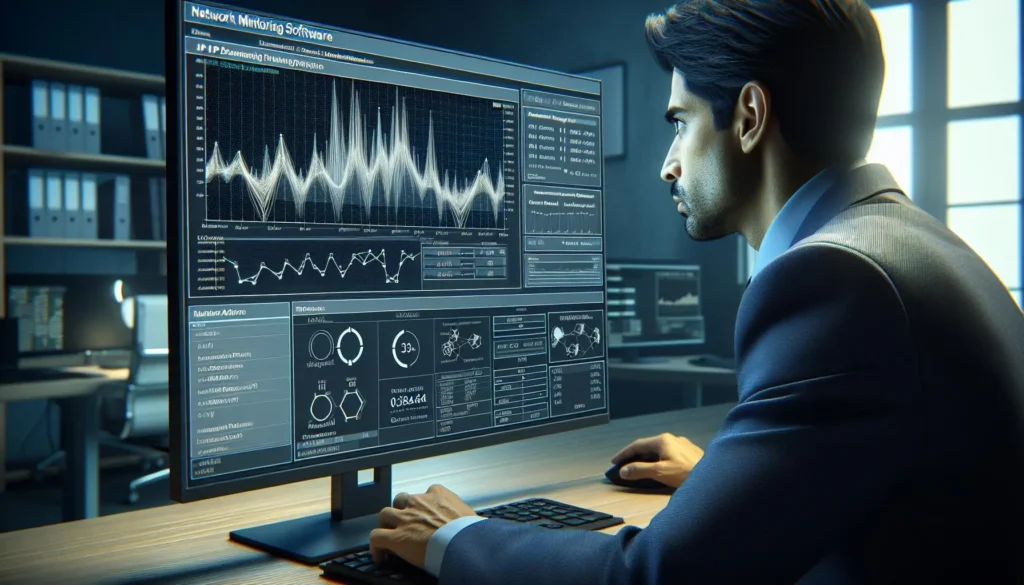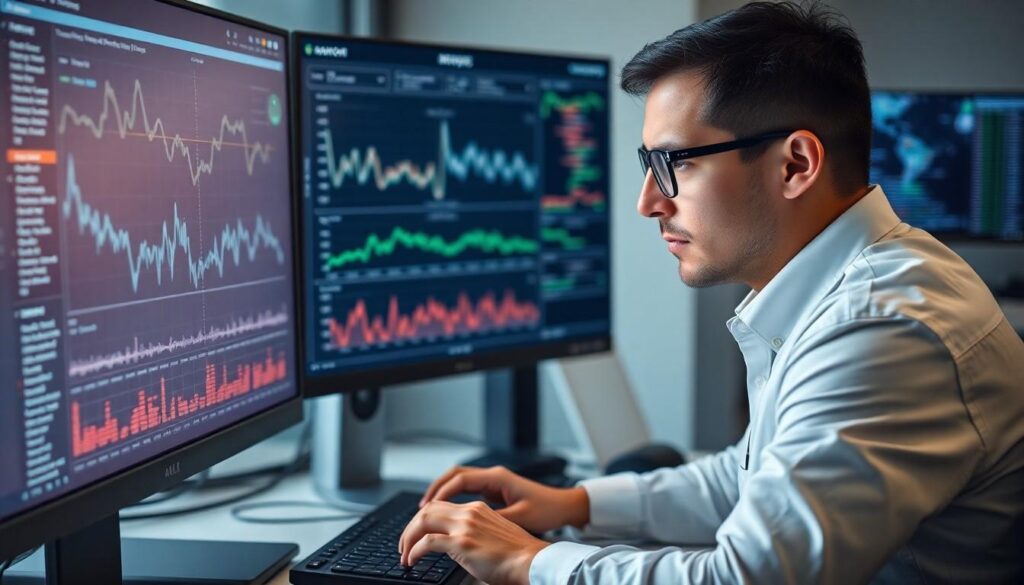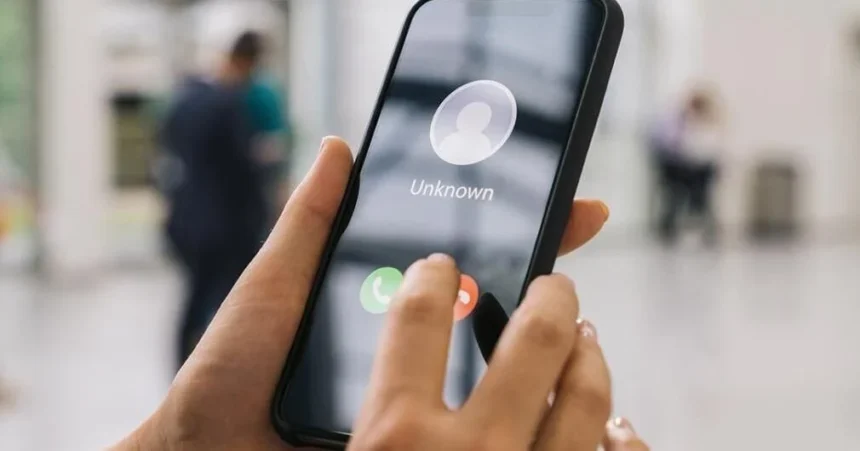In the vast and interconnected world of the internet, every device that connects online does so with a unique identifier known as an IP address. While often overlooked by everyday users, IP addresses are the digital fingerprints that allow devices to find, connect, and communicate with each other—just like postal addresses in the real world.
🔍 What Is an IP Address?
An IP address (short for Internet Protocol address) is a string of numbers assigned to each device connected to a network that uses the Internet Protocol for communication. It serves two primary purposes:
- Identification – It uniquely identifies a device on a network.
- Location Addressing – It helps route internet traffic to and from that device.
There are two main versions of IP addresses in use today:
- IPv4 – The most common, written as four numbers separated by periods (e.g., 192.168.1.1).
- IPv6 – A newer version using longer strings to accommodate more devices (e.g., 2001:0db8:85a3::8a2e:0370:7334).
🌍 Why Are IP Addresses So Important?

Every email you send, every website you visit, and every file you download is made possible because of IP addresses. Here’s why they matter:
✅ Communication Routing
IP addresses ensure that data packets reach the correct destination. Without them, devices wouldn’t know where to send or receive information.
✅ Network Security
Firewalls, content filters, and geo-blocking services use IP addresses to allow or restrict access.
✅ User Identification
IP addresses can reveal basic information like city, ISP (Internet Service Provider), and network origin—used for analytics, advertising, or legal investigations.
⚠️ What Happens When You Encounter an Invalid IP Like 185.63.253.300?
IP addresses follow a strict format. In IPv4, each number must be between 0 and 255. Therefore, 185.63.253.300 is invalid because 300 exceeds this range.
If a user enters or encounters an invalid IP:
- Network tools may throw errors.
- Browsers won’t connect to the destination.
- Firewalls may block suspicious patterns.
This is often caused by typos, misconfigured devices, or attempts to spoof addresses for malicious reasons.
🔐 Can IP Addresses Be Traced?
Yes, but with limitations. While you can trace an IP to a general location (such as city or region) and find the ISP, you cannot typically trace it to a specific person without cooperation from that ISP. Tracing tools like:
- IP Lookup Services
- WHOIS
- Geolocation APIs
can provide useful information, especially for system administrators, marketers, and cybersecurity professionals.
💼 Use Cases of IP Addresses in Everyday Life

| Use Case | Description |
| Browsing the Internet | Websites know where to send data based on your IP |
| Online Gaming | Multiplayer games rely on IPs to create player sessions |
| Remote Work | VPNs hide IPs to ensure secure access to company servers |
| Streaming Services | Platforms use your IP to offer content specific to your region |
| Email Servers | Spam filters often check sender IPs for blacklisting |
🌐 Public vs. Private IP Addresses
- Public IP: Assigned by your ISP, visible on the internet.
- Private IP: Used within your home or office network, not directly visible online.
Most devices inside a home (like your phone, printer, or laptop) use private IPs that are managed by your router, which itself has a public IP assigned by your ISP.
🔮 The Future of IP Addressing: IPv6
With billions of smart devices being added to networks every year, IPv4 addresses are running out. Enter IPv6 — the next-generation protocol designed to support:
- More devices
- Better security
- Faster routing
Though IPv6 adoption is growing, many systems still use IPv4 due to legacy compatibility.
FAQ’s
1. What is the purpose of an IP address?
An IP address serves as a unique identifier for devices on a network, enabling them to send and receive data efficiently and accurately.
2. How does IPv4 differ from IPv6?
IPv4 uses a 32-bit addressing scheme, supporting about 4.3 billion addresses, while IPv6 uses a 128-bit scheme, offering an almost infinite number of addresses to meet growing internet demands.
3. Can an IP address reveal my personal information?
No, an IP address can only reveal basic information such as your ISP and approximate location. It cannot disclose personal details without legal procedures involving your ISP.
4. What causes an IP address to be invalid, like 185.63.253.300?
IP addresses must adhere to a strict format, with each octet ranging from 0 to 255. An octet exceeding this range, as in “300,” makes it invalid.
5. How can I check my IP address?
You can check your IP address by searching “What’s my IP” on Google or using system settings on your device under network or connection details.
6. Why do I have a public and private IP address?
A public IP connects your router to the internet, while private IPs are assigned to individual devices within your local network, ensuring secure internal communication.
7. What are the risks of exposing my IP address?
Exposing your IP can make you vulnerable to hacking, DDoS attacks, or geo-restrictions. Using tools like VPNs can help mask your IP for added security.
8. Can two devices share the same IP address?
Devices within the same private network can share the same public IP address but will have unique private IPs. On the internet, every public IP must be unique to avoid conflicts.
✅ Conclusion
Whether you realize it or not, IP addresses are essential to your digital life. They allow your devices to access information, communicate securely, and remain visible to the global internet. Understanding how they work helps users make safer choices online, troubleshoot network issues, and gain insights into their digital footprint. So the next time you see a string of numbers like 192.168.1.1 or stumble upon an invalid IP like 185.63.253.300, you’ll know exactly what’s going on behind the scenes of your digital connection.







